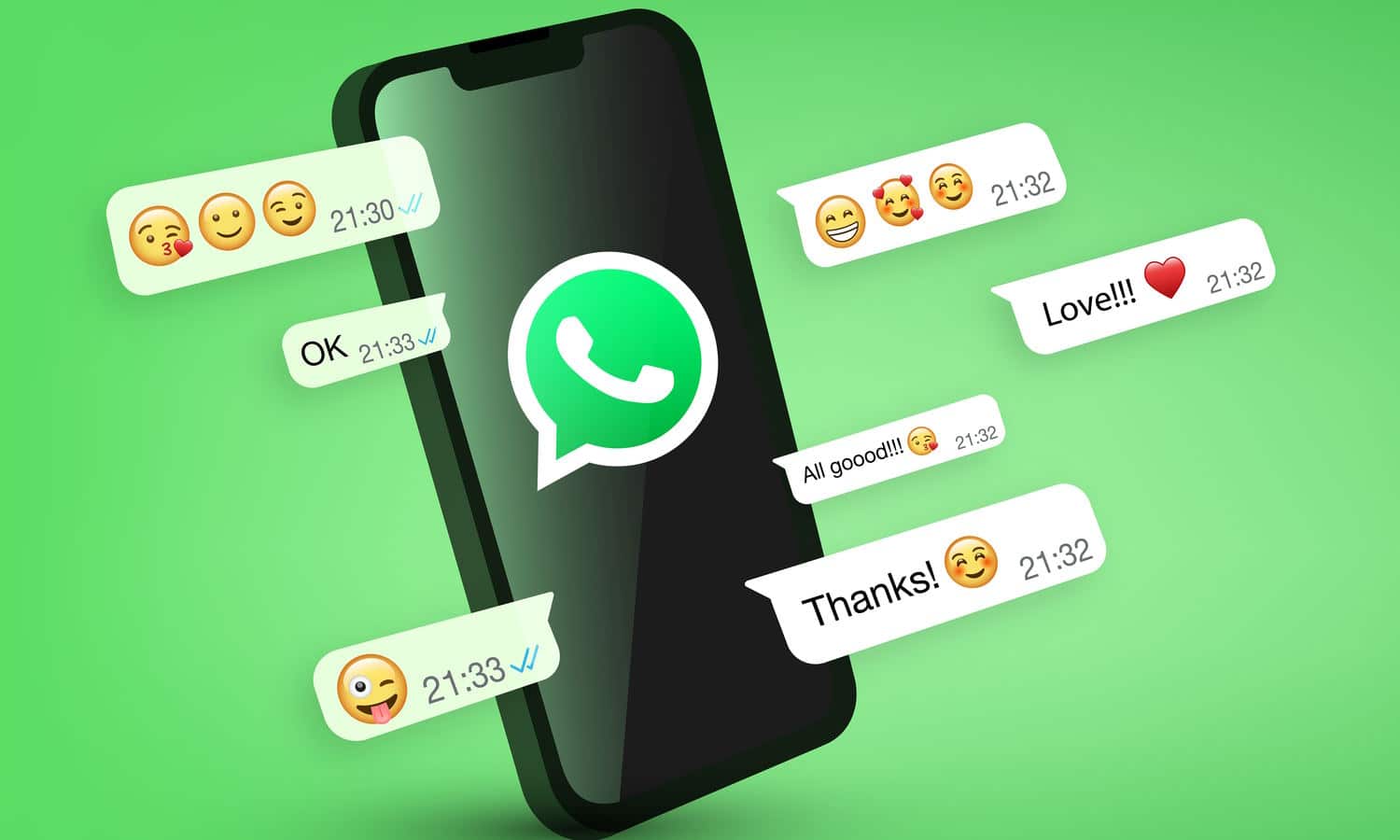
WhatsApp makes a very strange change to disappearing messages
WhatsApp is not alone in offering a disappearing message feature. It is an idea that's fairly self-explanatory: messages can be configured to automatically delete after a certain period of time -- something that's ideal for certain sensitive information.
But in a slightly confusing move, WhatsApp is introducing the option to stop disappearing messages from disappearing. The option is called Keep In Chat, and it is being described as "your new sender superpower".

Cyber threats get more personal
Popular online platforms such as Netflix, Facebook, and Steam are being used to spread cyber attacks as criminals focus on consumers' favorite online activities.
The latest consumer threat guide from F-Secure finds the most imitated social media platform used to spread phishing threats in 2022 was Facebook at 62 percent. Steam, the largest distribution platform for PC games, was the most popular gaming platform to spoof at 37 percent.
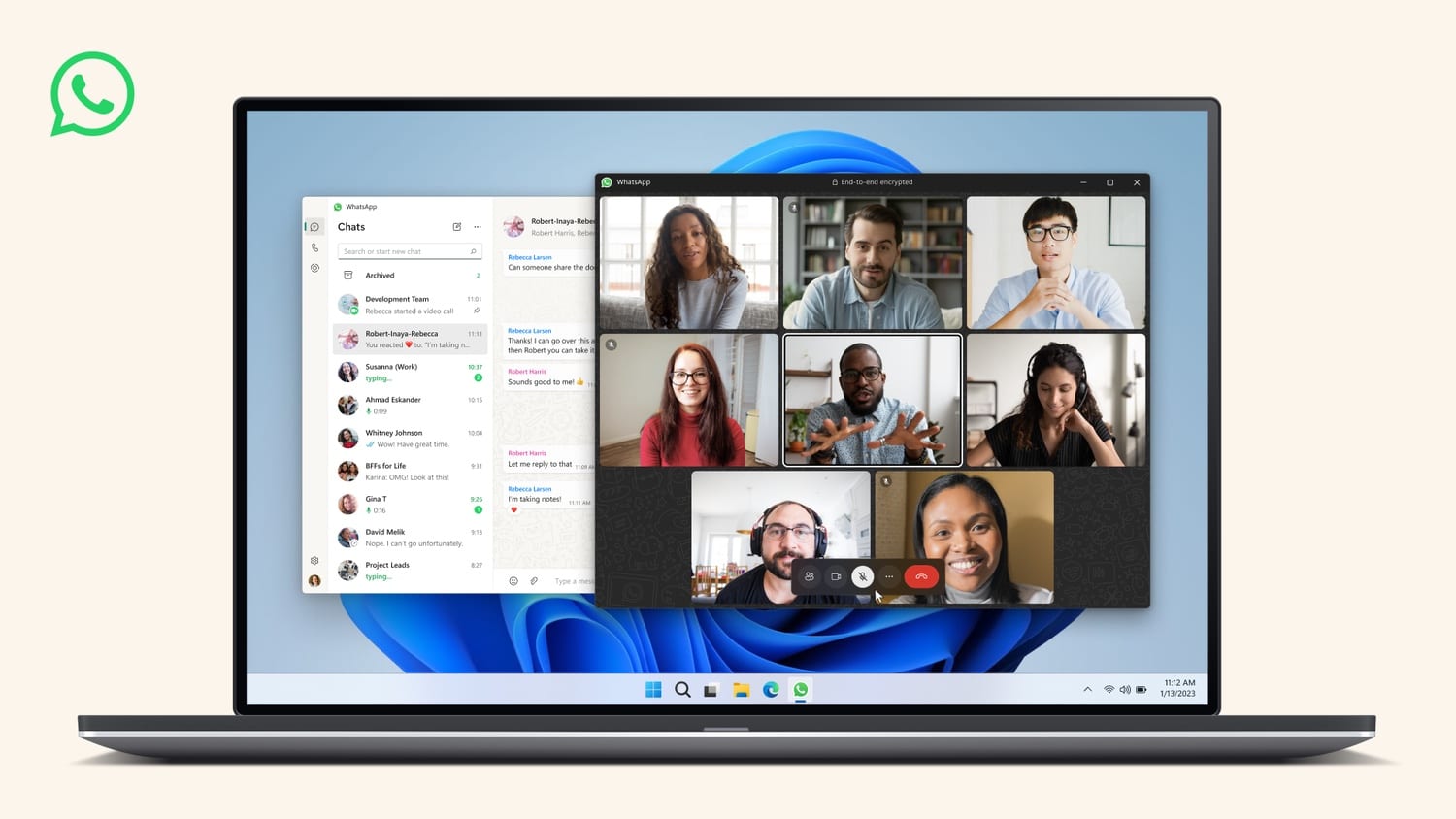
There is a new, faster version of WhatsApp for Windows with improved calling features
While WhatsApp is most commonly used on mobile devices, growing numbers of users are adopting the desktop version of the app. Meta has just announced the release of a significantly improved version of the Windows app.
Speed is a key upgrade here, with load times being reduced, but there are also feature improvements. The latest version of WhatsApp for Windows now supports larger group video and audio calls.

Financial services is the most impersonated industry in phishing attacks
Threat protection company Vade has released its latest Phishers' Favorites report for 2022 which finds that financial services is the most impersonated industry, accounting for 34 percent of phishing pages as attackers continue to follow the money.
There are also seven finance brands in the top 20, with PayPal, MTB, Crédit Agricole, and La Banaque Postale all securing a spot in the top 10.

Prioritizing privacy and making social media 'social' again [Q&A]
While social media sites like Facebook remain popular, many people have worries about how their data is is being collected and used by the companies behind them.
Bret Cox is founder and CEO of True, a social network which doesn't monetize user information and focuses on people you really know. We talked him to find out more.
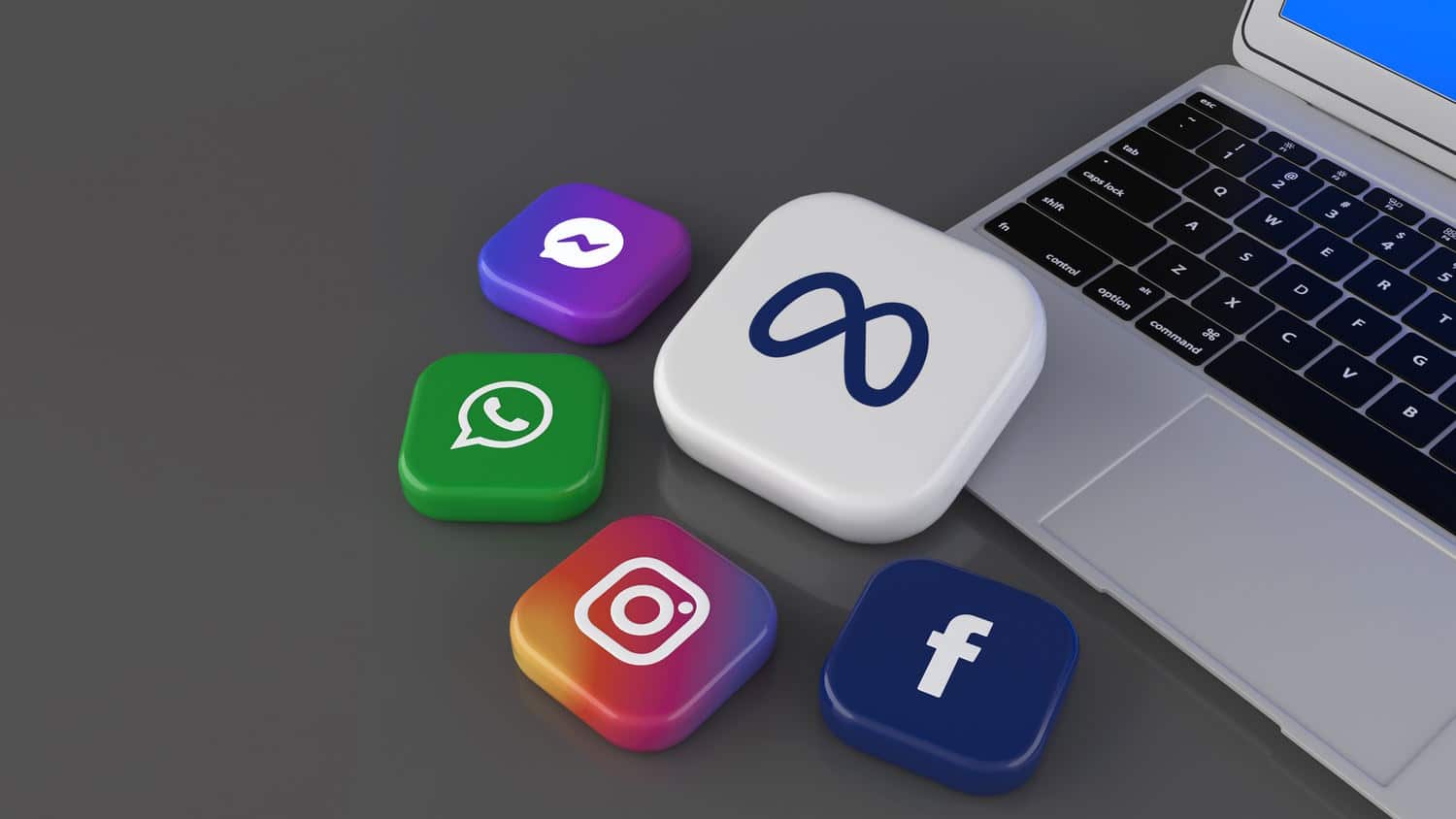
Now you can pay to get verified on Facebook and Instagram as Meta takes a leaf out of Twitter's book
Not to be outdone by Elon Musk, Mark Zuckerberg has taken to Instagram to announce the rollout of a paid-for Meta Verified program. While it is already possible to receive a Twitter-style blue tick of verification on Facebook and Instagram, the new subscription service will give users the opportunity to pay for the badge.
Echoing the claims of Musk, Zuckerberg says that "this new feature is about increasing authenticity and security across our services". With a charge of between $12 and $15 per month, there is obviously a financial benefit for Meta as well.
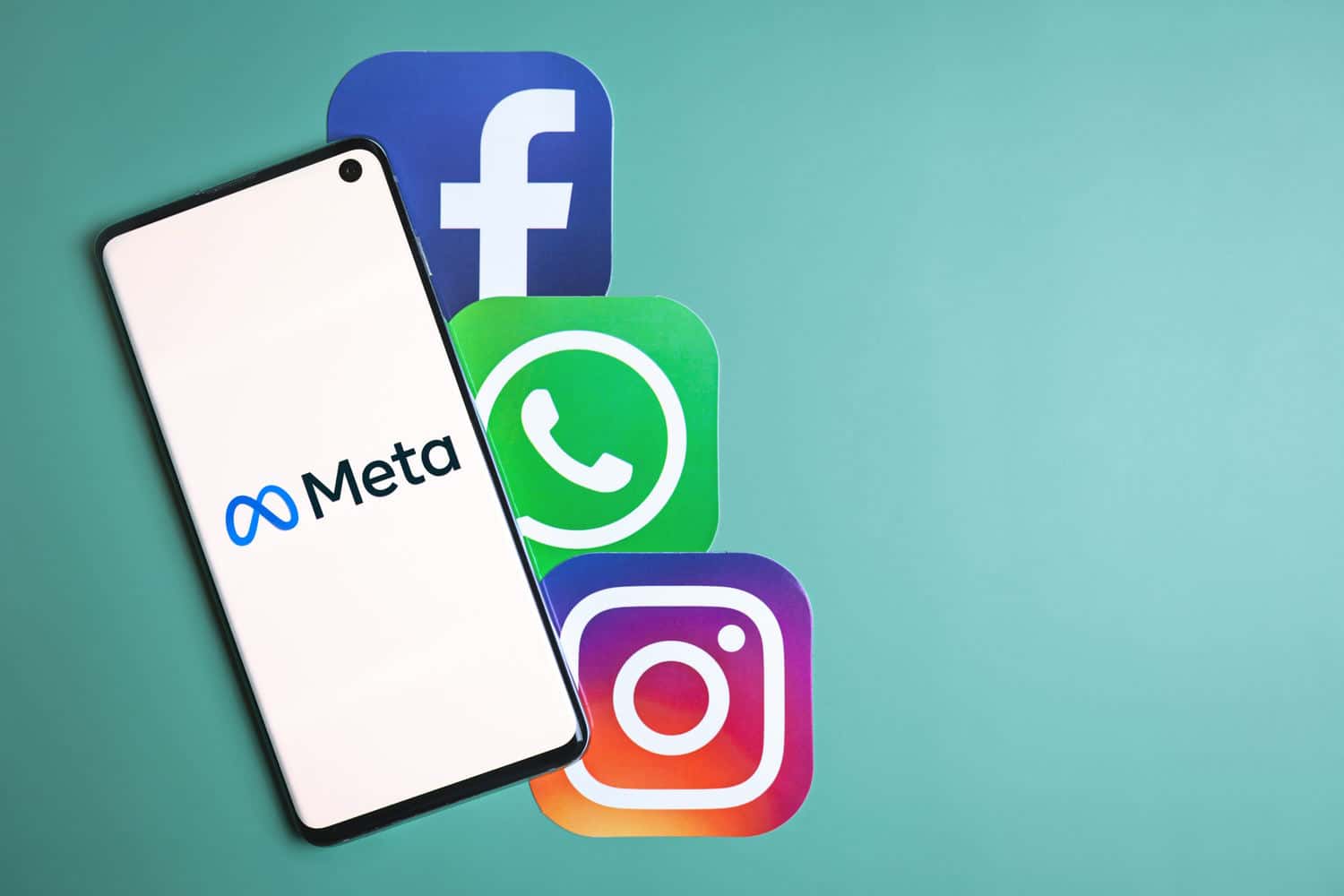
Oversight Board recommends Meta change its policies to respect transgender and non-binary people
It is quite some time since Facebook was hit with the "free the nipple" campaign that demanded the company stop censoring or removing images of breastfeeding women. But now Meta is facing new recommendations from its independent Oversight Board to update the Adult Nudity and Sexual Activity Community Standard that it applies to Facebook and Instagram content to ensure it is "governed by clear criteria that respect international human rights standards".
The recommendation comes as the Oversight Board overturned Meta's decisions in 2021 and 2022 to remove content posted by a couple -- one of whom is transgender, the other non-binary -- for violating Sexual Solicitation Community Standards. Meta is criticized for taking a simplistic view of gender, with the Board saying that it is "unclear how the rules apply to intersex, non-binary and transgender people, and requires reviewers to make rapid and subjective assessments of sex and gender, which is not practical when moderating content at scale".
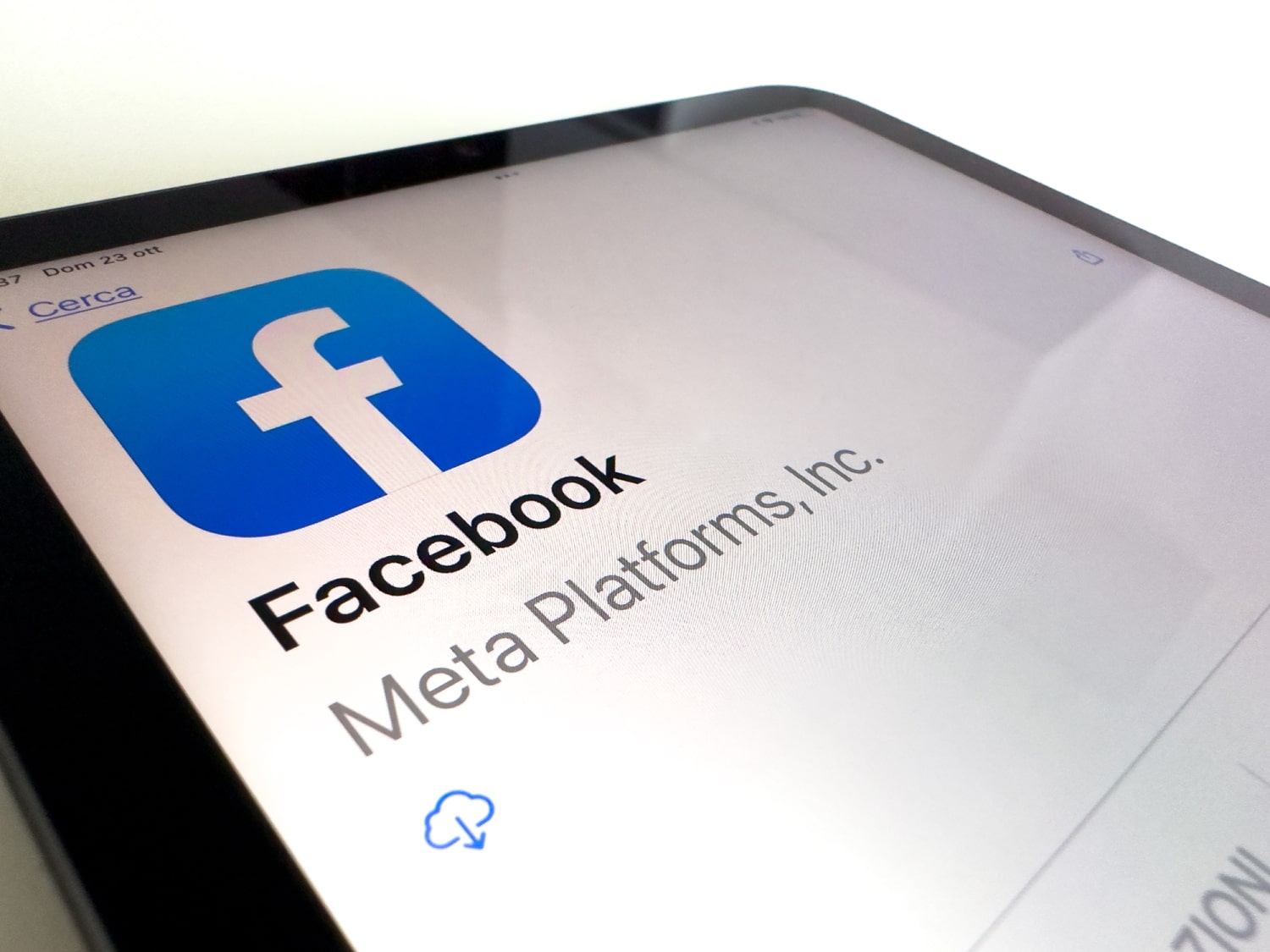
Facebook is revamping user profiles, removing political views, religious beliefs, sexual orientation and more
In the world of social media, most of the attention is -- understandably -- focused on what's happening at Twitter, but there are changes afoot at Facebook too.
Starting at the beginning of December, some information fields are being removed from user profiles. The fields in question are Religious Views, Political Views, Address, and Interested In, with the latter being the field used to indicate sexual orientation.

Mark Zuckerberg lays off 13% of Meta's workforce (11,000 employees), this is the email he sent
We’ve known for a while that Meta, the parent company of Facebook and champion of the metaverse, was planning to significantly reduce the size of its workforce and today Mark Zuckerberg sent out an email confirming this to all Meta employees.
In the message he details the layoffs, explaining how the company got to this point, how it will work, other changes Meta will be making, and how the company will move forward. You can read the full email below:

Get 'Social Media Marketing For Dummies, 4th Edition' ($16 value) FREE for a limited time
Social media technology is restlessly inventive, providing thousands of awesome ways for you to market your business inexpensively and on a large scale -- often directly into the pockets of consumers. But in the proliferating, ever-changing world of tweets, influencers, handles, and alerts, it can be hard to know where to begin and then to evaluate what’s actually working for you.
In the new edition of Social Media Marketing for Dummies, leading SMM voices Shiv Singh and Stephanie Diamond clear away the confusion and show you the smartest, most effective ways to plan, launch, manage, and assess your campaigns -- and then iterate and optimize for increased success.
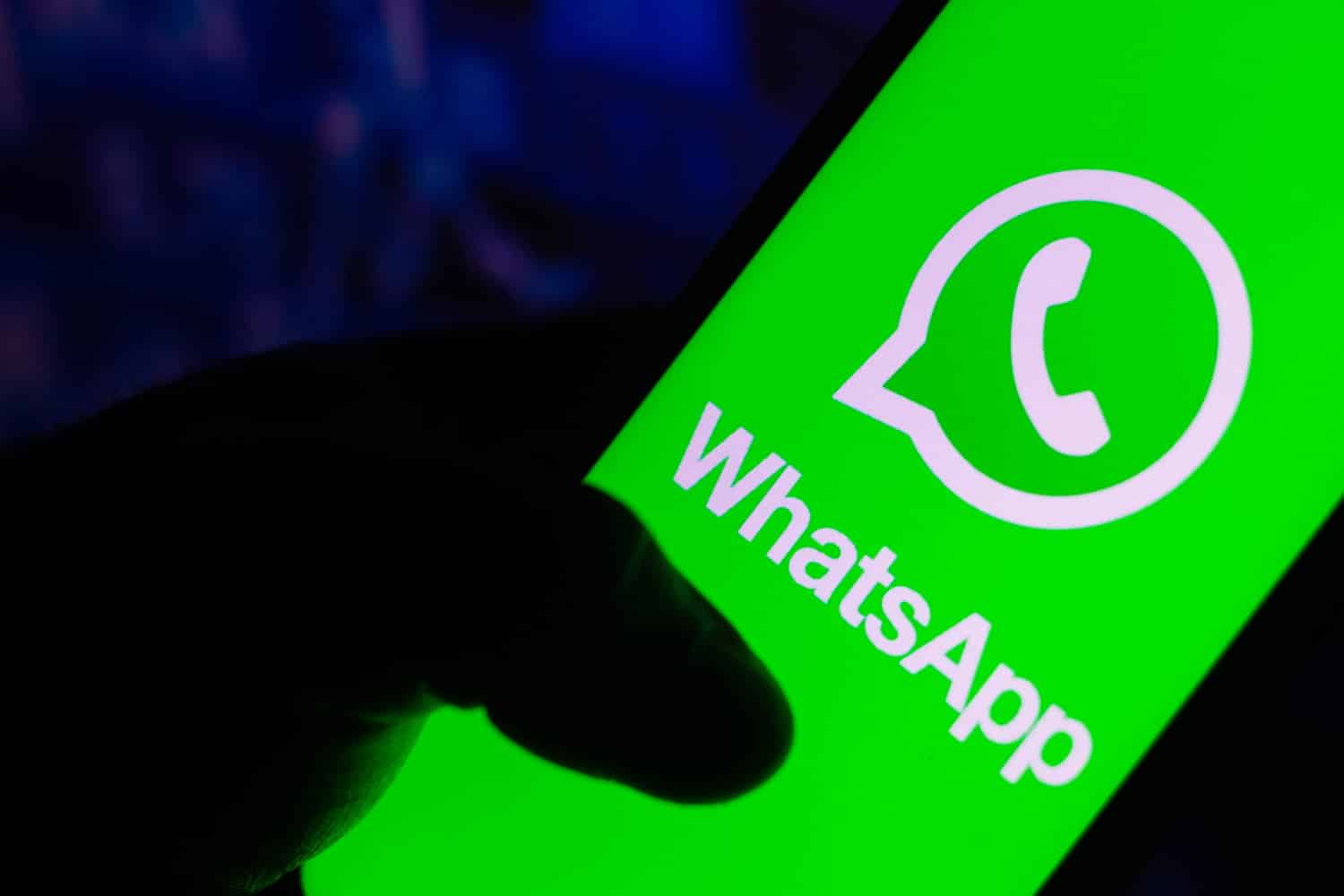
WhatsApp introduces privacy-protecting option to hide online status
Like all messaging apps and services, WhatsApp has its fair share of advantages and disadvantages. For many people, the end-to-end encryption the app offers is a major draw, although being owned by Meta requires some users to hold their noses while they use it.
But among the great things about WhatsApp are the speed at which its developers work, and their willingness to listen to -- and act upon -- user feedback. And it is user demand for greater privacy options that has driven the addition of online status control for beta users.
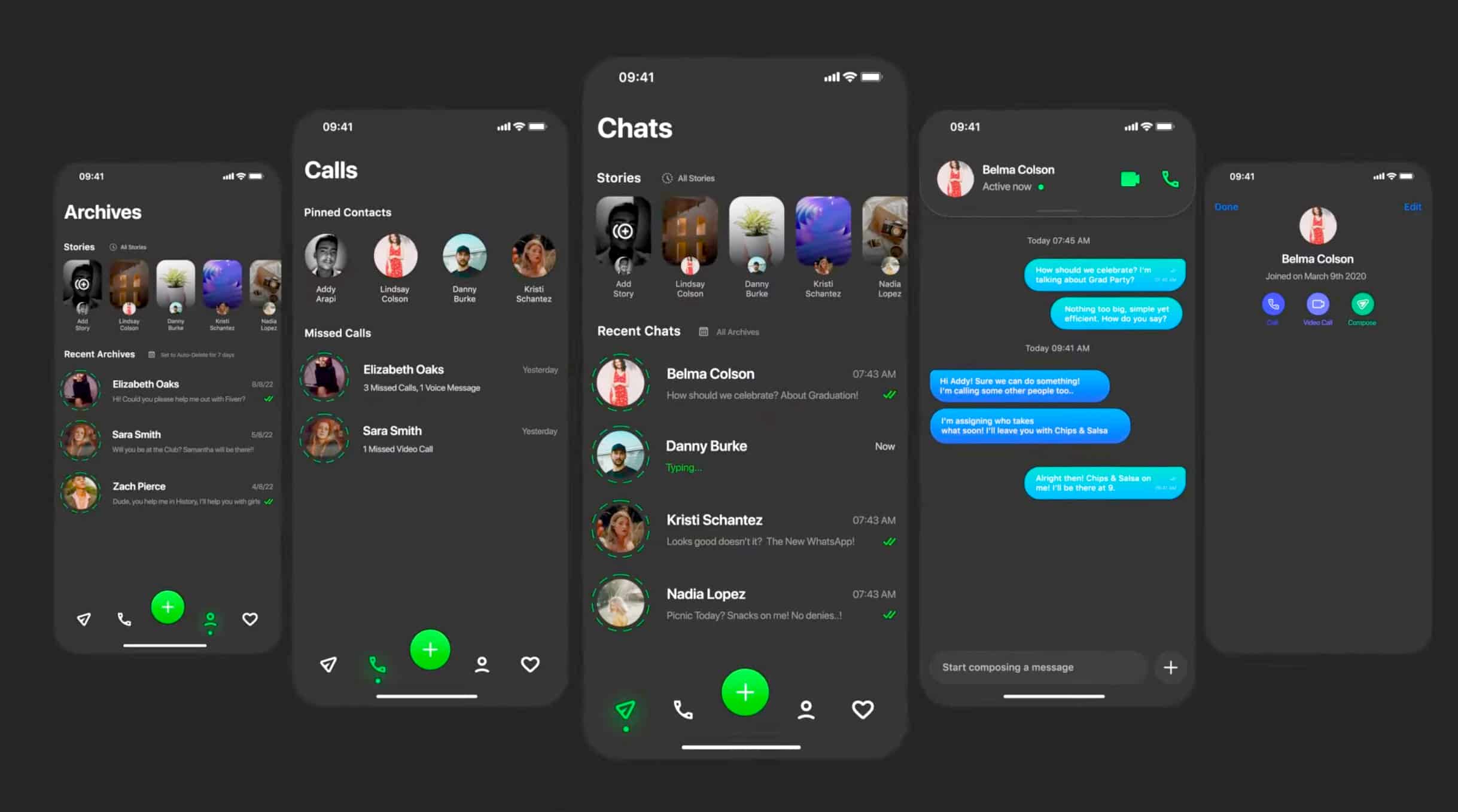
This is the redesign WhatsApp desperately needs
WhatsApp is a great messaging tool, and one that I use daily, both for individual and group chats. Meta has added new features to it over time, with yet more welcome additions on the way, but it’s long overdue a full redesign.
If you’ve ever wondered what kind of makeover the service could benefit from, we have the answer for you right here.

Was your Facebook feed flooded with celebrity spam today? Mine too
When I checked Facebook this morning, I was greeted by loads of posts to WandaVision star Elizabeth Olsen. I don’t follow Elizabeth Olsen on Facebook and, for the most part, I have no interest in what other people are saying to her on the social network (I expect she is similarly disinterested in the messages she gets via the platform, if the sample I saw is anything to go by).
I knew I hadn’t been hacked, but it was still a very weird sight. I wasn’t alone here, as my colleague Sofia reported the same issue. It turns out, this was a problem affecting a huge number of users which saw celebrity fan pages and groups being boosted to the top of Home feeds around the world.
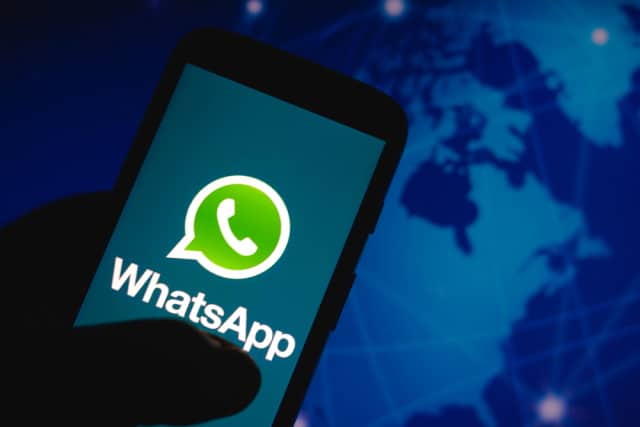
WhatsApp is gaining some great new privacy features including screenshot blocking
WhatsApp is not only one of the popular messaging apps out there, it is also one that is subject to some of the fastest development work. Existing features are constantly being tweaked, new options are being added all the time, and Mark Zuckerberg has just revealed three exciting new privacy-focused features.
In an announcement on his personal Facebook page, the CEO of Meta teased a trio of new features which will help to improve the privacy of group and one-on-one chats. The upcoming additions are part of a new global campaign from WhatsApp that focuses on and promotes privacy and security features.
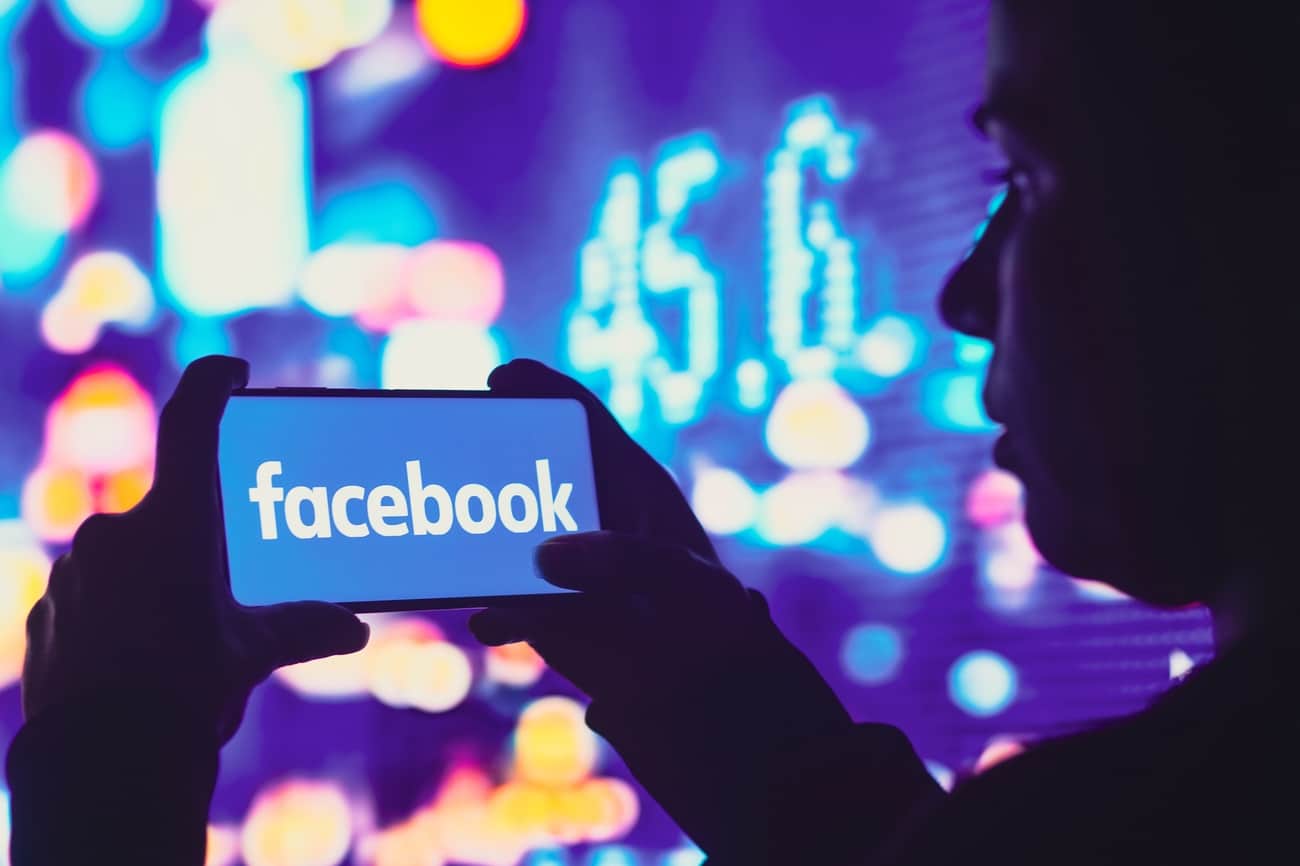
Facebook is finally restoring the chronological feed
Facebook's love of algorithms has meant that there has been a highly polarizing focus on recommended content in users' feeds rather than posts from friends, family and pages of genuine interest. But this is changing.
In a move that will please millions of Facebook users who have become increasingly frustrated with the way recommended content is pushed into their feed, Mark Zuckerberg has announced that iOS and Android users are being treated to feed split over two tabs. While one of these will remain populated with content surfaced by Facebook's "discovery engine", the other is a chronological feed of content from friends, groups and Pages.
